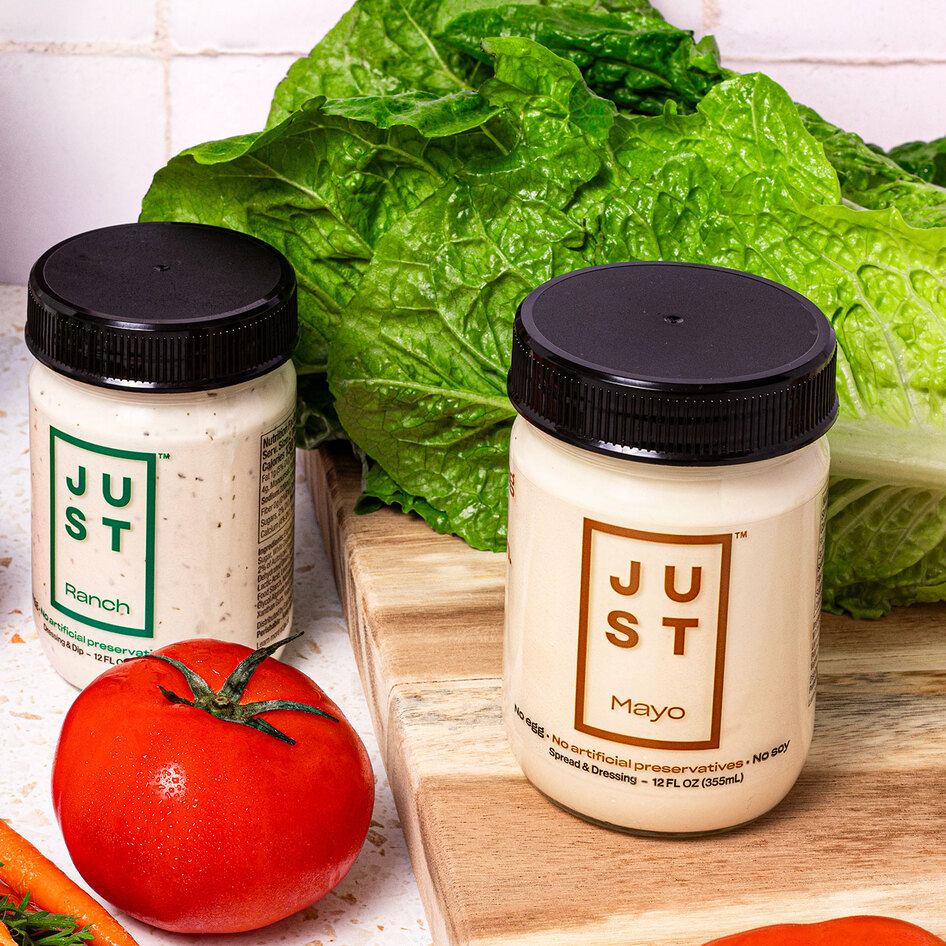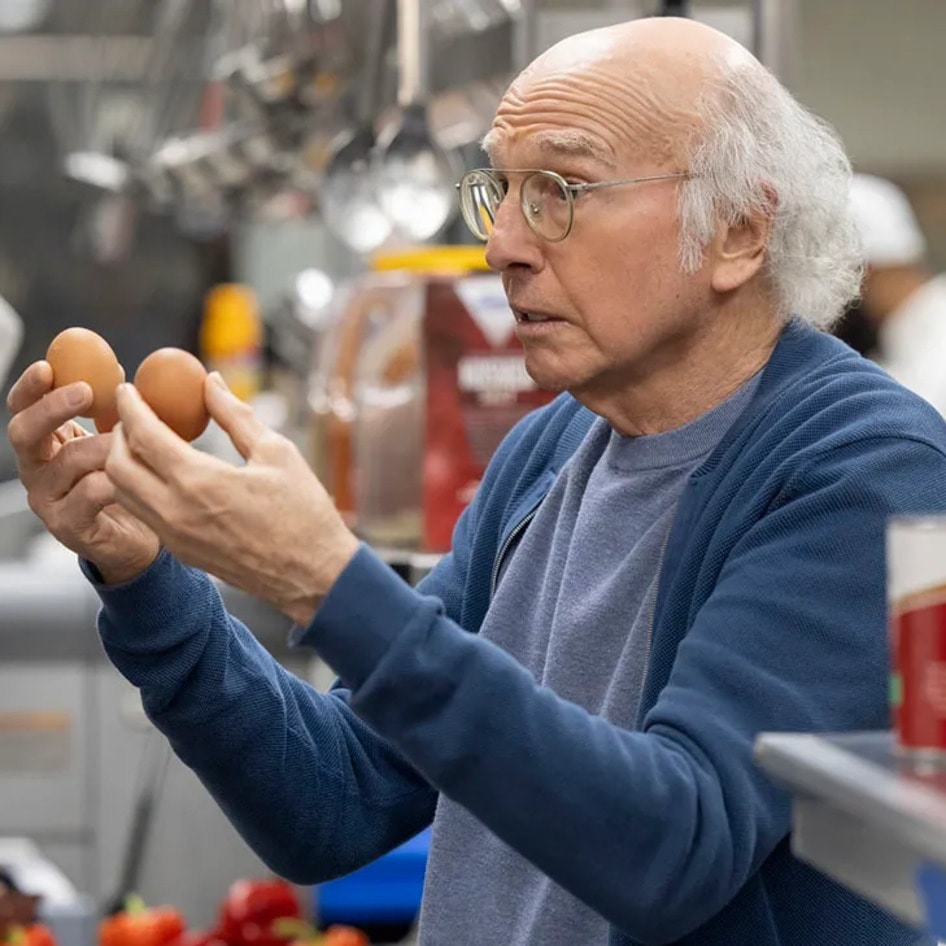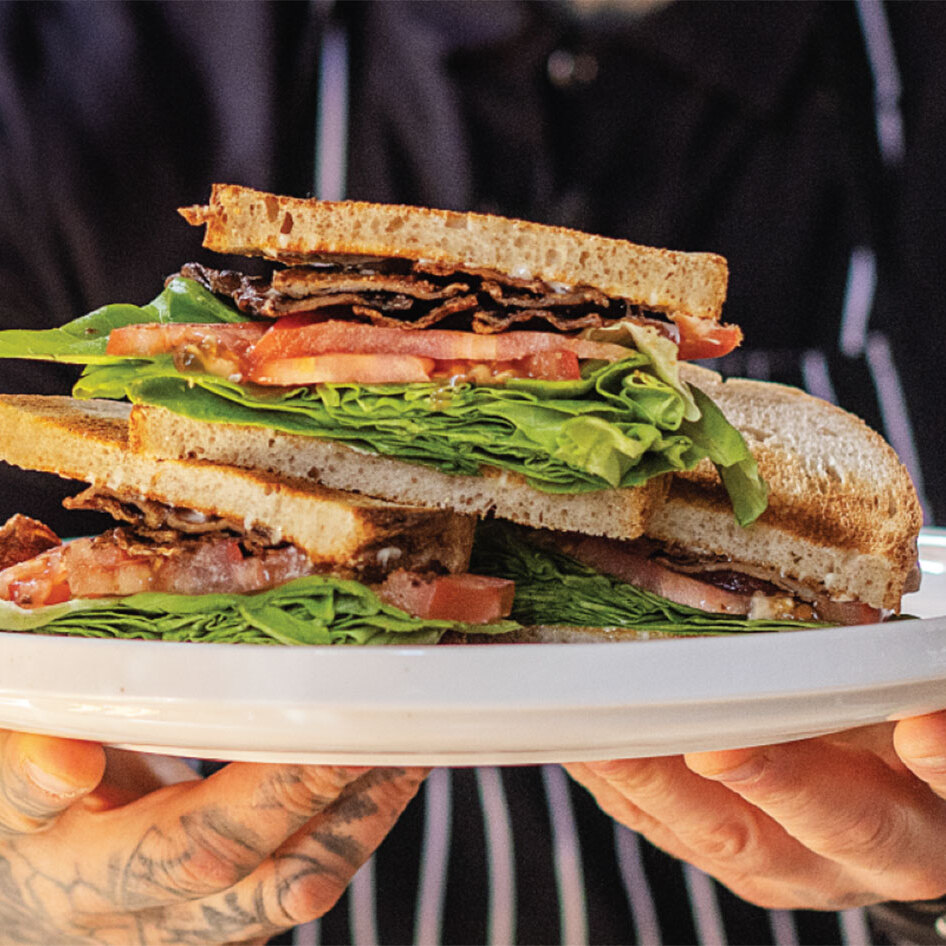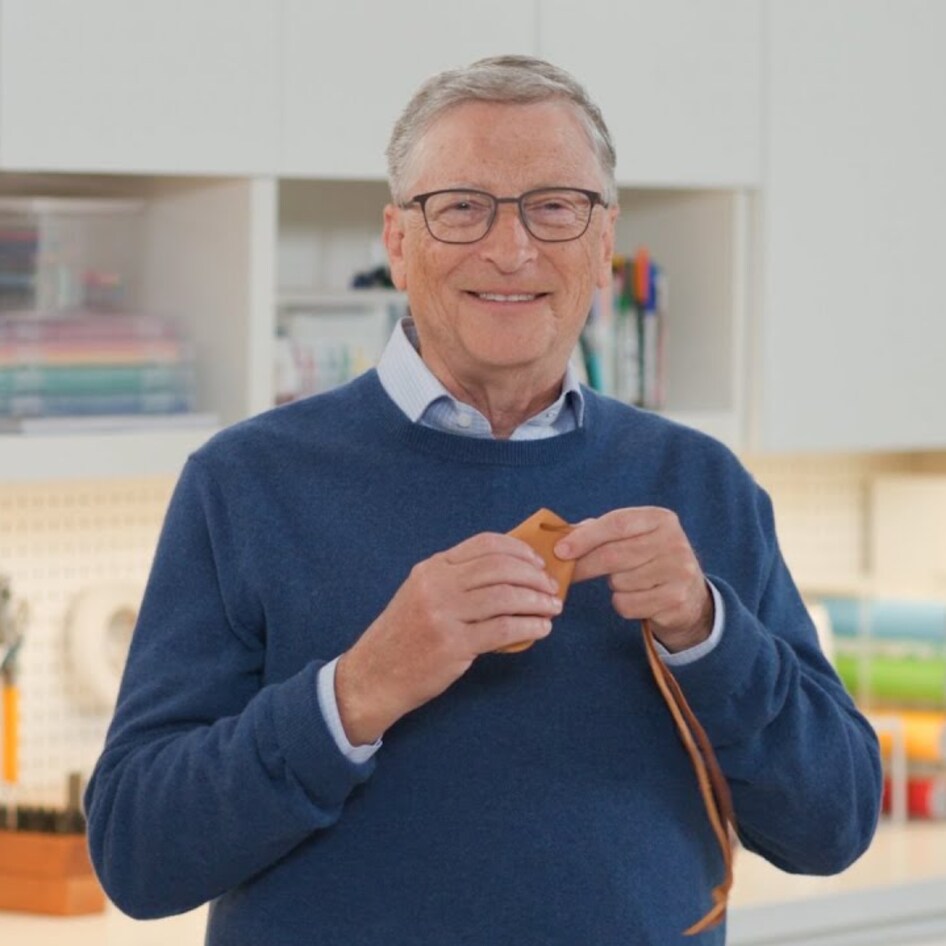Hampton Creek to License Clean Tech to Meat Companies
Company CEO Josh Tetrick is negotiating with 10 global meat industry giants to remove traditional animal agriculture in favor of his brand’s technology.
August 15, 2017
This week, food technology company Hampton Creek’s CEO Josh Tetrick announced that he is currently negotiating contracts with 10 global meat- and animal feed-producing companies to grant commercial product licenses of his company’s cultured meat (also known as “clean meat”) technology. In June, Hampton Creek announced it would be the first company to bring clean meat to market, projected to debut by the end of 2018. The brand produces clean meat using a small portion of animal cells (which, in the case of chickens, can be extracted from a single feather naturally shed by a bird) that are grown in a clean laboratory environment using a plant-based growth medium. By connecting traditional meat producers to the emerging clean meat industry, Tetrick is initiating a paradigm shift that could have monumental positive outcomes (namely, the removal of animals from the equation in global meat production). “Clean meat holds the potential to upend the conventional protein sector as we know it,” Humane Society of the United States Vice President of Public Policy Paul Shapiro said, “a scenario that’s even more likely because of Hampton Creek’s new investment in cellular agriculture.” Shapiro has sampled the company’s prototype and said, “I suspect that a lot of consumers, and the big meat producers, will have a lot of interest.” Should Tetrick successfully engage meat producers—a tactic that would greatly reduce the cost of clean meat production—the companies would use Hampton Creek’s technology in return for royalties made by selling clean meat (instead of slaughtered animals) to consumers. While not without controversy, Hampton Creek’s products—such as its popular Just Mayo—have already disrupted industries that rely on animals for profits, including the American Egg Board, which conspired against the company in 2015 to remove its eggless products from shelves at Whole Foods Market.
JUMP TO ... Latest News | Recipes | Guides | Health | Shop
Photo courtesy of Food Quality News







